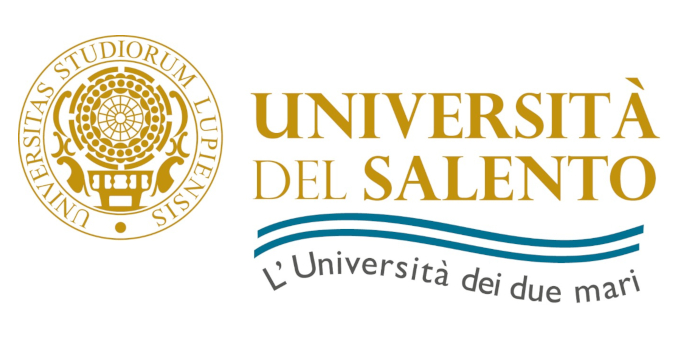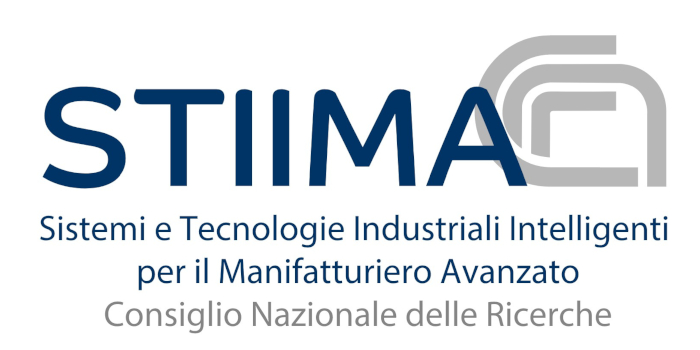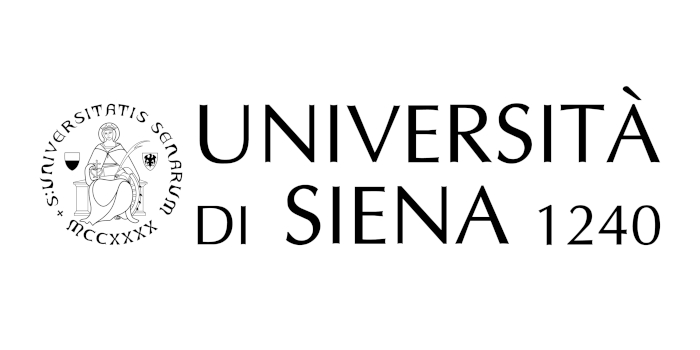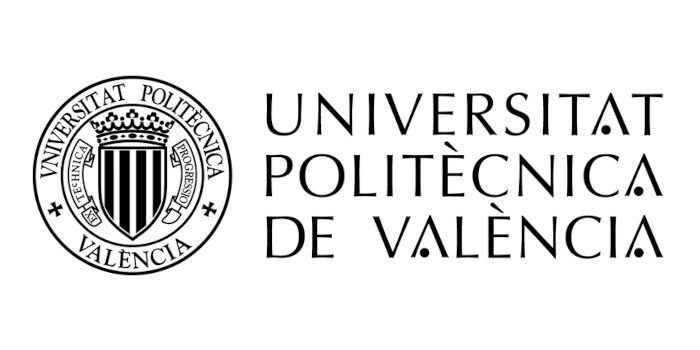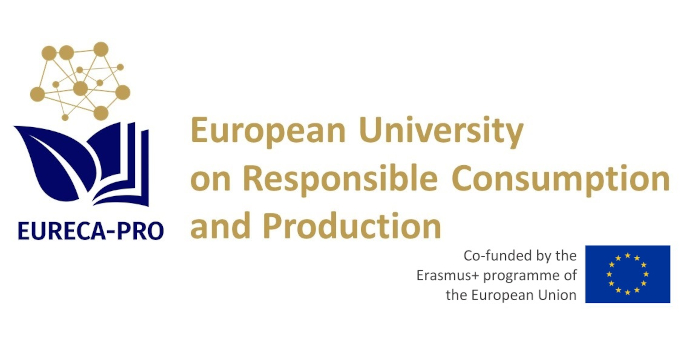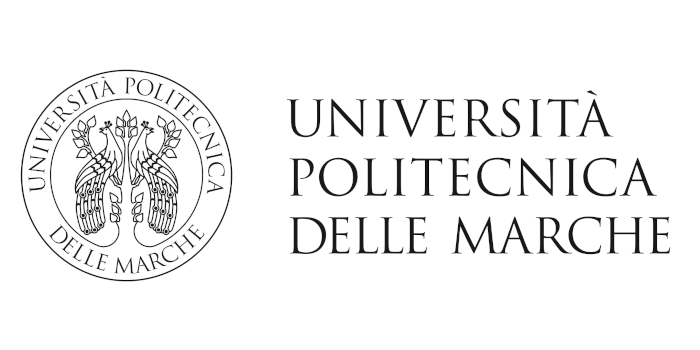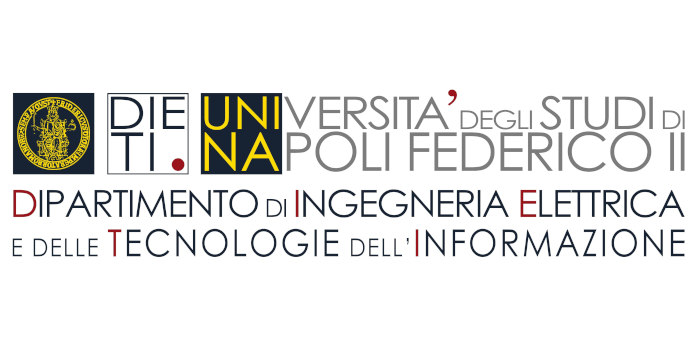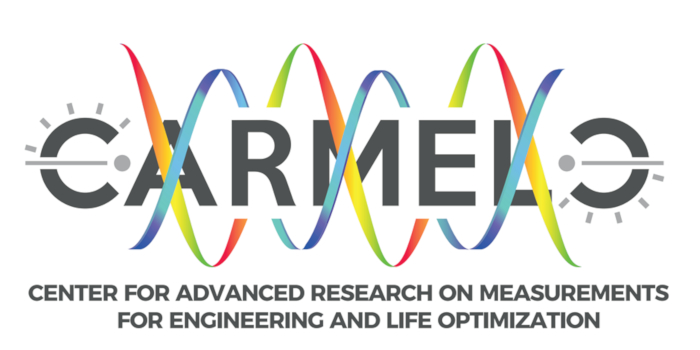SPECIAL SESSION #35
Data-Driven, Personalised and Adaptive XR
ORGANIZED BY
Crescent Jicol
University of Bath, UK
Anca Salagean
University of Bath, UK
ABSTRACT
Recent advancements in physiological sensing, identification and quantification of user individual traits as well as highly photorealistic representations and embodied experiences could enable the design of adaptive extended reality (XR) experiences. Leveraging cutting-edge sensor technology and research insights on affect, presence and embodiment, the future of XR would be adaptive and personalised to reach optimal levels of user engagement and enjoyment.
ABOUT THE ORGANIZERS
Crescent Jicol, is a Lecturer in Computer Science within the Human-Computer Interaction group, at the University of Bath. His work combines cognitive science with VR to investigate the role played by human factors in the formation of user presence and engagement. His research combines state of the art methodologies for physiological sensing and personality computation with the scope of enabling the next generaton of adaptive VR experiences. Crescent is the deputy director of the REal and Virtual Environments Augmentation Lab (REVEAL) at Bath, which is an interdisciplinary group formed between the departments of Computer Science and Psychology. He is also an associate member of the Bath Institute for the Augmented Human and the Centre for the Analysis of Motion, Entertainment Research and Applications (CAMERA), which has expansive collaborations with key local and international industrial partners.
Anca Salagean, is a Postdoctoral Research Associate whose background is in Psychology and Human-Computer Interaction (HCI). Her PhD focused on the effects avatar photorealism and personalization (visual and motor fidelity) have on users’ perception and embodied experiences in VR. Anca’s current research interests include a range of factors in the design of user-centered VR experiences such as embodiment, avatar photorealism and personalization, presence, as well as their impact on users’ perception, attitudes and behaviour in VR and beyond.








